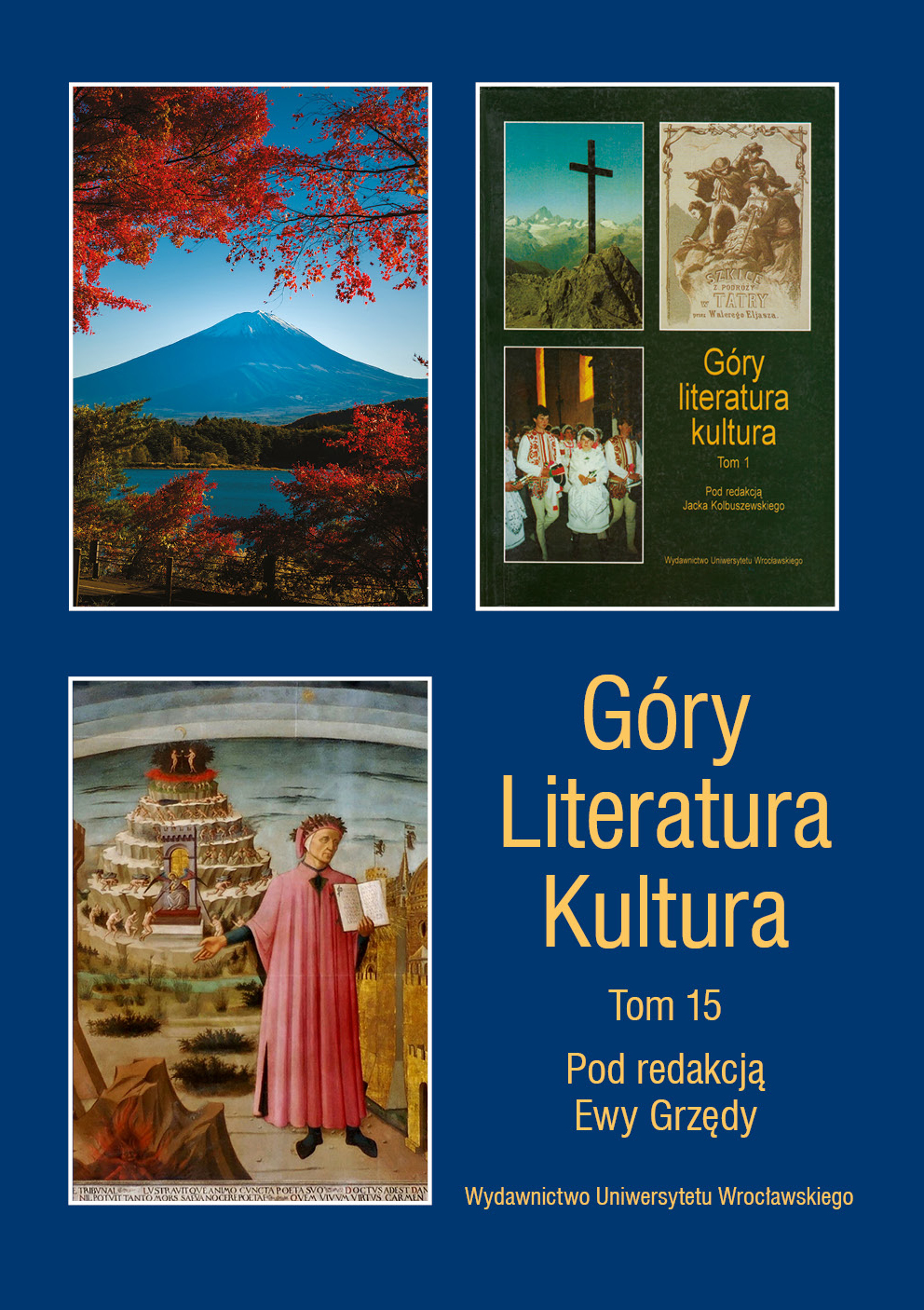

Rozprawy i szkice

The article is the second part of a comprehensive study on representations of Hutsuls and the Hutsul region in the interwar Polish literature, which showed them during the First World War and the wars for the borders of the Second Polish Republic, as well as in the 1920s and 1930s. The article discuses, first and foremost, literary visions of Hutsuls and their native land in the third and fourth decade of the 20th century. The interwar Polish literature, which showed the Hutsul region “of today”, paid special attention to peacetime partnership of Poles and Hutsuls, which was to follow their wartime joint actions against Russians in the Eastern Carpathians in 1914–1915. It implied that this partnership was a result of a perfect match between the Polish national component and the Hutsul ethnic element. The article argues that Polish literature showed the compatibility of Poles and Hutsuls in the macro and micro dimensions. On the macro level, it was to be manifested, on the one hand, in the effective help of the Polish state institutions for Hutsuls, on the other hand, in the gratitude of Hutsuls for Poles. On the micro level, the Polish-Hutsul compatibility was to be manifested in friendly or intimate relations of representatives of both groups; relations which were invariably successful in spite of the fact that the Polish side dominated them and felt entitled to lead a civilization mission among Hutsuls. Such literary visions presented the Hutsul region as an integral part of the Second Polish Republic and its indigenous inhabitants as loyal citizens of the entire country. They also made it clear that Hutsuls affirmed Polishness and that Poles were welcomed and needed in the Hutsuls’s land.